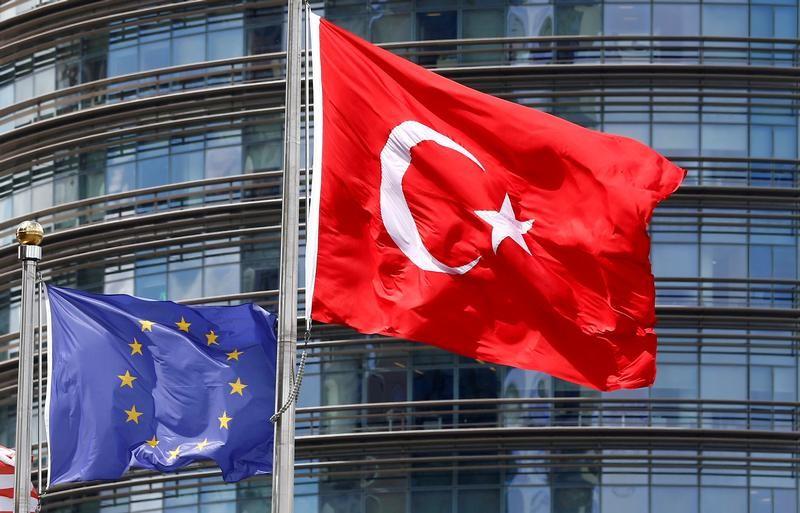
The European Parliament has advised the European Commission to suspend the accession negotiations with Turkey. The Parliament called on the Commission to delay the negotiations without further delay. Even though the Parliament has limited power over the negotiation process, its decision does have important psychological and propositional effects on the negotiation process.[1]
The decision was taken with the legislature voting 477 in favor, 64 against and with 97 abstentions. Overall, the Members of the Parliament (MEPs) have argued in the course of debates in the European Parliament that they have supported the declaration for the purposes of stopping the implementation of the reforms passed after the constitutional referendum in held in Turkey in April. The MEPs stated that the reforms that will be implemented in Turkey as a result of the constitutional referendum are inherently contradictory to the Copenhagen criteria of the EU.[2]
The decision adopted by the parliament is supposedly based on the recommendation sent to the parliament by Kati Piri, MEP of the Dutch Labour Party. Piri is also a member of the Committee on Foreign Affairs. She drafted the EU parliaments report in 2016 on Turkey.[3] Furthermore, she also drafted the text submitted to the Parliament which in turn was turned into the parliamentary resolution.[4] Piri’s critical role in the parliament must be noted, given her position as rapporteur on Turkey’s progress towards accession to the EU.
Yet, it should be noted that the text adopted by the parliament is not entirely based on the recommendation prepared by Kati Piri.[5] The recommendation submitted by Piri to the Parliamentary General Assembly focused primarily on several issues with a critical perspective, such as human rights, fundamental freedoms, and the present state of EU-Turkey relations.[6] The text adopted in the General Assembly; however, included changes to the the report sent by Kati Piri which were not relevant to the content and main focus of the report.
The MEPs have made additions that not only have no relevance to Turkey-EU relations, but but are laden with political bias. The two foremost examples that must be noted in this context are related to historical events that took place in the Ottoman Empire. The first one is regarding the tragic events that took place in 1915 during which both Armenians and Turks have lost their lives during World War One. If the decisions of the European Parliament are related to encouraging the ‘democratization process of Turkey,’ one should ask a question as to what relevance the events of 1915 have with Turkey’s current democratization process and also how this relates to the EU negotiation process itself? Furthermore, the sentence included in the adopted text does not mention the pain suffered by all sides in 1915, but emphasizes the sole position of one narrative. The relevant section of the report also makes reference to the resolution adopted by the parliament on April 15, 2015 in relation to the centennial anniversary of the relocation of Armenians from war zones during World War One.
The second example is regarding historical sites in Turkey. Article 18 of the text alleges that during the course of the last century, Turkey has not protected the Greek, Armenian, and Assyrian cultural heritages. The text argues that Turkey has not fully respected the legal obligations which it has entered into regarding the protection of historical sites.[7] The MEPs have either chosen to purposely neglect the restorations of historic Greek, Armenian, and Assyrian sites in Turkey over years, or they are totally unaware of the work done in this regard. If the MEPs had acted in good faith or conducted research on this topic, they would have known that this article that they had written is not accurate. For example, Kartal Surp Nişan Armenian Orthodox Church is just one example of these churches that have been restored by the funds jointly provided by the district municipality and several non-governmental organizations.[8]
It seems that the favored trajectory of some MEPs is to work to harm not only Turkey’s EU accession bid, but to damage Turkey-EU relations in general. It seems that these MEPs are taking decisions based on historical and cultural biases rather than looking at the bigger picture. This latest move by the European Parliament could well harm the overall EU-Turkey relationship. The decision of the Parliament is distinctly different from a well-intentioned critical approach that seeks to advice Turkey and advance the relationship between Turkey and the EU. With such wording and additions, the Parliement's decision diminishes its own credibility and respectability.
*Photo: Reuters Media
[1] Ece Toksabay and Tulay Karadeniz, “EU Parliament Calls for Turkey Accession Talks to Be Suspended,” Reuters, July 6, 2017, accessed July 10, 2017, https://www.reuters.com/article/us-gulf-qatar-idUSKBN19X0WM; Suzan Fraser, “EU Parliament Advises Freeze of Turkey’s Membership Talks,” Washington Post, July 6, 2017, accessed July 10, 2017, https://www.washingtonpost.com/world/europe/eu-parliament-advises-freeze-of-turkeys-membership-talks/2017/07/06/43462438-625b-11e7-80a2-8c226031ac3f_story.html.
[2] Connor Murphy, “MEPs Say Turkey Accession Talks Should Be Suspended,” Politico, July 6, 2017, accessed July 10, 2017, http://www.politico.eu/article/meps-say-turkey-accession-talks-should-be-suspended-european-parliament.
[3] Maïa de La Baume, “MEPs Vote to Criticize Turkey on Democracy,” Politico, April 4, 2016, accessed July 10, 2017,http://www.politico.eu/article/meps-vote-to-criticize-turkey-on-democracy-european-parliament-refugee-crisis.
[4] Kati Piri, “Draft Report on the 2016 Commission Report on Turkey,” Draft Report (European Union Parliament/Committee on Foreign Affairs, April 18, 2017).
[5] “European Parliament Resolution of 6 July 2017 on the 2016 Commission Report on Turkey” (European Parliament, July 6, 2017), P8_TA - PROV(2017) 0 306.
[6] Piri, “Draft Report on the 2016 Commission Report on Turkey,” 5–8.
[7] Ibid.
[8] “Restored Armenian Church Opens in Istanbul,” Daily Sabah, August 10, 2015, accessed July 10, 2017, https://www.dailysabah.com/istanbul/2015/08/11/restored-armenian-church-opens-in-istanbul.
© 2009-2025 Center for Eurasian Studies (AVİM) All Rights Reserved
No comments yet.
-
 THE ARMENIAN APOSTOLIC CHURCH AND THE ENCOURAGEMENT OF TERRORISM
THE ARMENIAN APOSTOLIC CHURCH AND THE ENCOURAGEMENT OF TERRORISM
AVİM 22.05.2024 -
AVIM HELD MEETINGS WITH THINK TANKS AND ACADEMIC CIRCLES IN TEHRAN
AVİM 17.09.2015 -
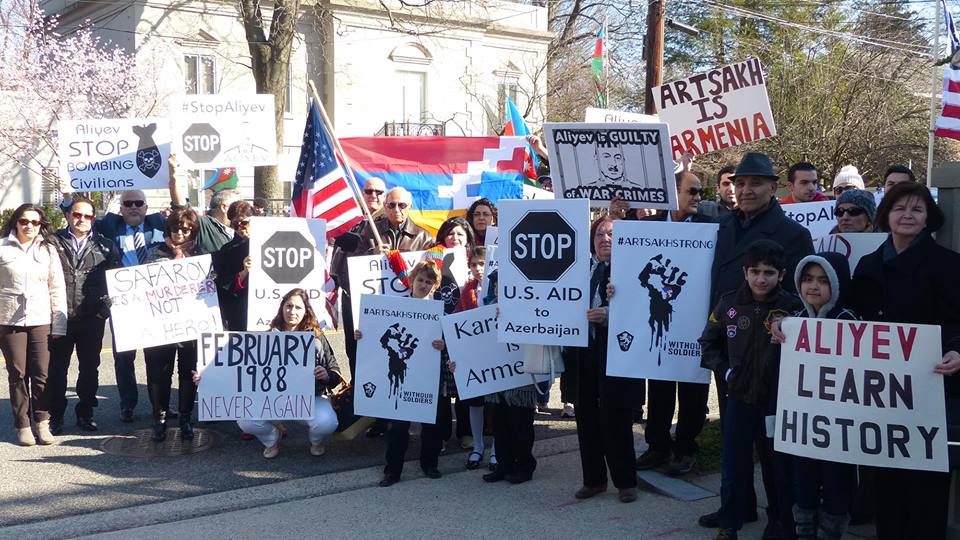 H. RES. 220 – A CONFLATION OF PAST AND PRESENT
H. RES. 220 – A CONFLATION OF PAST AND PRESENT
AVİM 21.11.2017 -
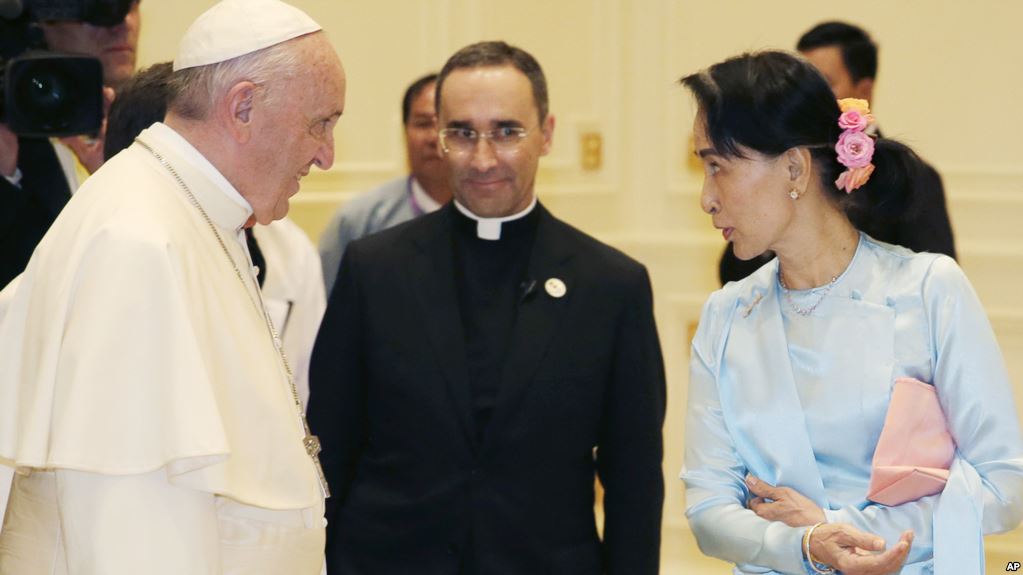 THE HUMANITARIAN APPROACH AND ACKNOWLEDGMENT OF THE IDENTITY OF THE ROHINGYA SHOULD NOT BE SEPARABLE
THE HUMANITARIAN APPROACH AND ACKNOWLEDGMENT OF THE IDENTITY OF THE ROHINGYA SHOULD NOT BE SEPARABLE
AVİM 06.12.2017 -
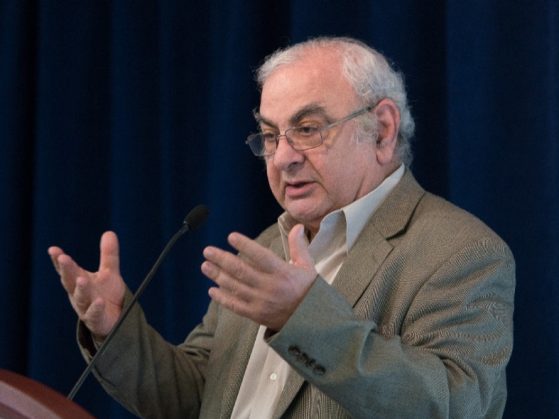 ARMENIAN POLITICAL THINKING AND A SOBER WAKE-UP CALL BY GERARD LIBARIDIAN
ARMENIAN POLITICAL THINKING AND A SOBER WAKE-UP CALL BY GERARD LIBARIDIAN
AVİM 01.02.2021
-
 THE HUMANITARIAN APPROACH AND ACKNOWLEDGMENT OF THE IDENTITY OF THE ROHINGYA SHOULD NOT BE SEPARABLE
THE HUMANITARIAN APPROACH AND ACKNOWLEDGMENT OF THE IDENTITY OF THE ROHINGYA SHOULD NOT BE SEPARABLE
AVİM 06.12.2017 -
 THERE ARE JUDGES IN STRASBOURG
THERE ARE JUDGES IN STRASBOURG
Alev KILIÇ 15.10.2015 -
ARMENIA HAS OPTED TO JOIN THE EURASIAN ECONOMIC UNION
Alev KILIÇ 06.09.2013 -
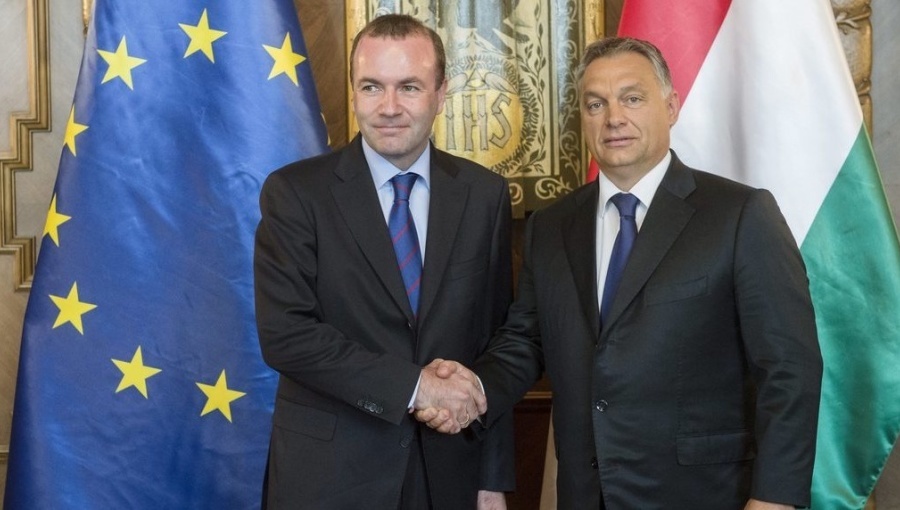 ORBAN AND WEBER CAME TOGETHER IN BUDAPEST
ORBAN AND WEBER CAME TOGETHER IN BUDAPEST
Hazel ÇAĞAN ELBİR 19.03.2019 -
THE MINSK GROUP’S REGIONAL VISIT IS IN PROGRESS
Alev KILIÇ 25.11.2012
-
25.01.2016
THE ARMENIAN QUESTION - BASIC KNOWLEDGE AND DOCUMENTATION -
12.06.2024
THE TRUTH WILL OUT -
27.03.2023
RADİKAL ERMENİ UNSURLARCA GERÇEKLEŞTİRİLEN MEZALİMLER VE VANDALİZM -
17.03.2023
PATRIOTISM PERVERTED -
23.02.2023
MEN ARE LIKE THAT -
03.02.2023
BAKÜ-TİFLİS-CEYHAN BORU HATTININ YAŞANAN TARİHİ -
16.12.2022
INTERNATIONAL SCHOLARS ON THE EVENTS OF 1915 -
07.12.2022
FAKE PHOTOS AND THE ARMENIAN PROPAGANDA -
07.12.2022
ERMENİ PROPAGANDASI VE SAHTE RESİMLER -
01.01.2022
A Letter From Japan - Strategically Mum: The Silence of the Armenians -
01.01.2022
Japonya'dan Bir Mektup - Stratejik Suskunluk: Ermenilerin Sessizliği -
03.06.2020
Anastas Mikoyan: Confessions of an Armenian Bolshevik -
08.04.2020
Sovyet Sonrası Ukrayna’da Devlet, Toplum ve Siyaset - Değişen Dinamikler, Dönüşen Kimlikler -
12.06.2018
Ermeni Sorunuyla İlgili İngiliz Belgeleri (1912-1923) - British Documents on Armenian Question (1912-1923) -
02.12.2016
Turkish-Russian Academics: A Historical Study on the Caucasus -
01.07.2016
Gürcistan'daki Müslüman Topluluklar: Azınlık Hakları, Kimlik, Siyaset -
10.03.2016
Armenian Diaspora: Diaspora, State and the Imagination of the Republic of Armenia -
24.01.2016
ERMENİ SORUNU - TEMEL BİLGİ VE BELGELER (2. BASKI)
-
AVİM Conference Hall 24.01.2023
CONFERENCE TITLED “HUNGARY’S PERSPECTIVES ON THE TURKIC WORLD"









